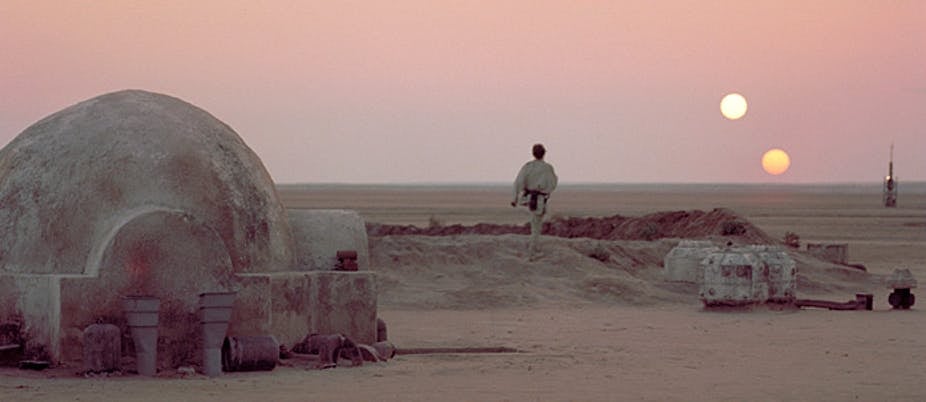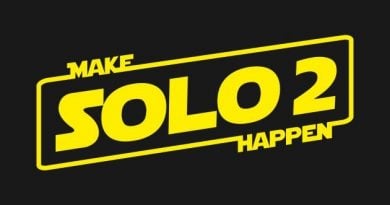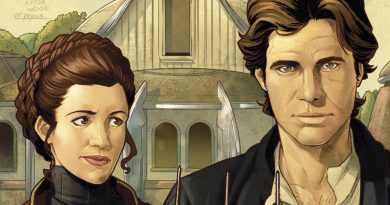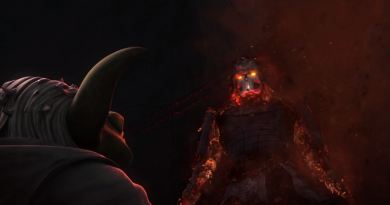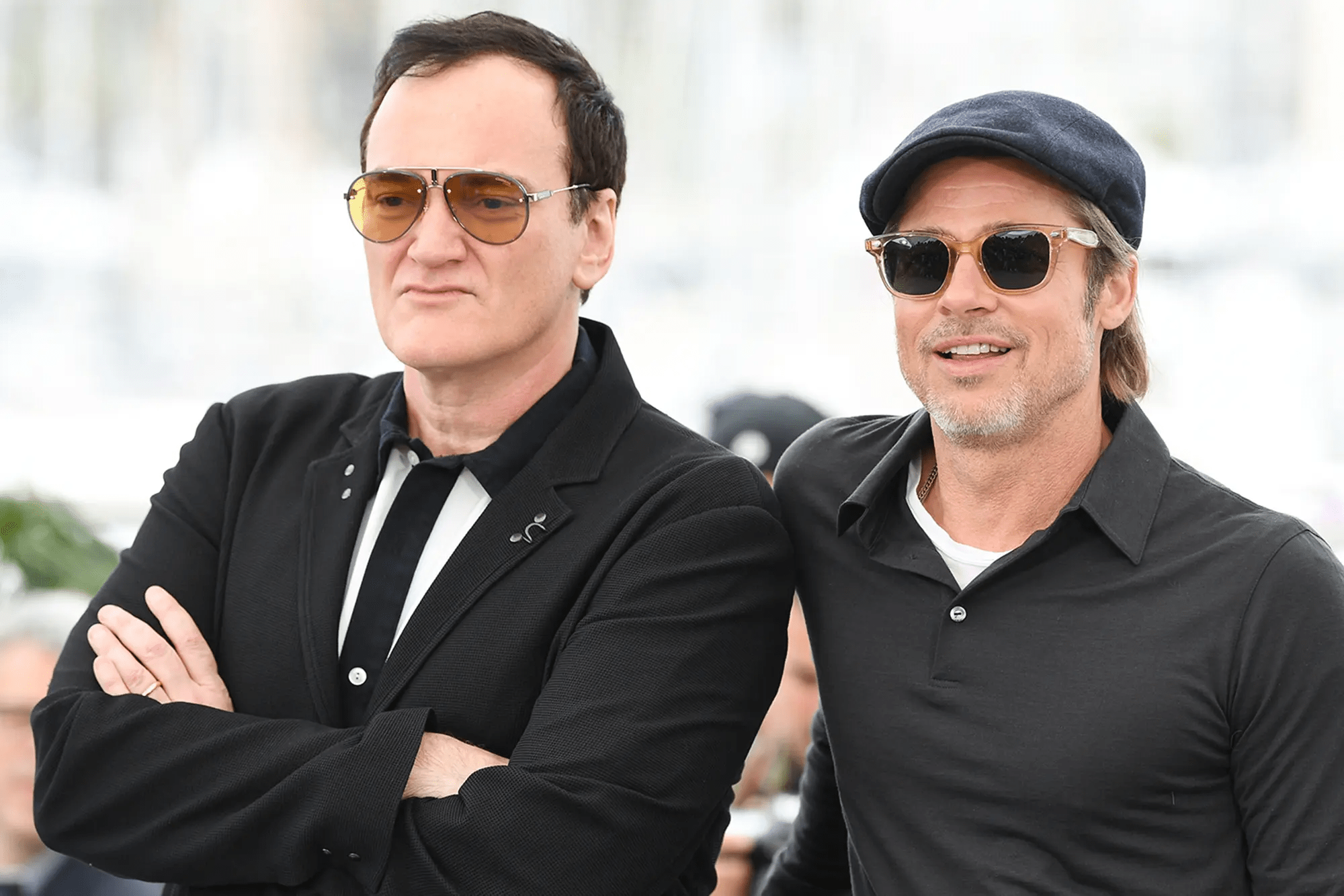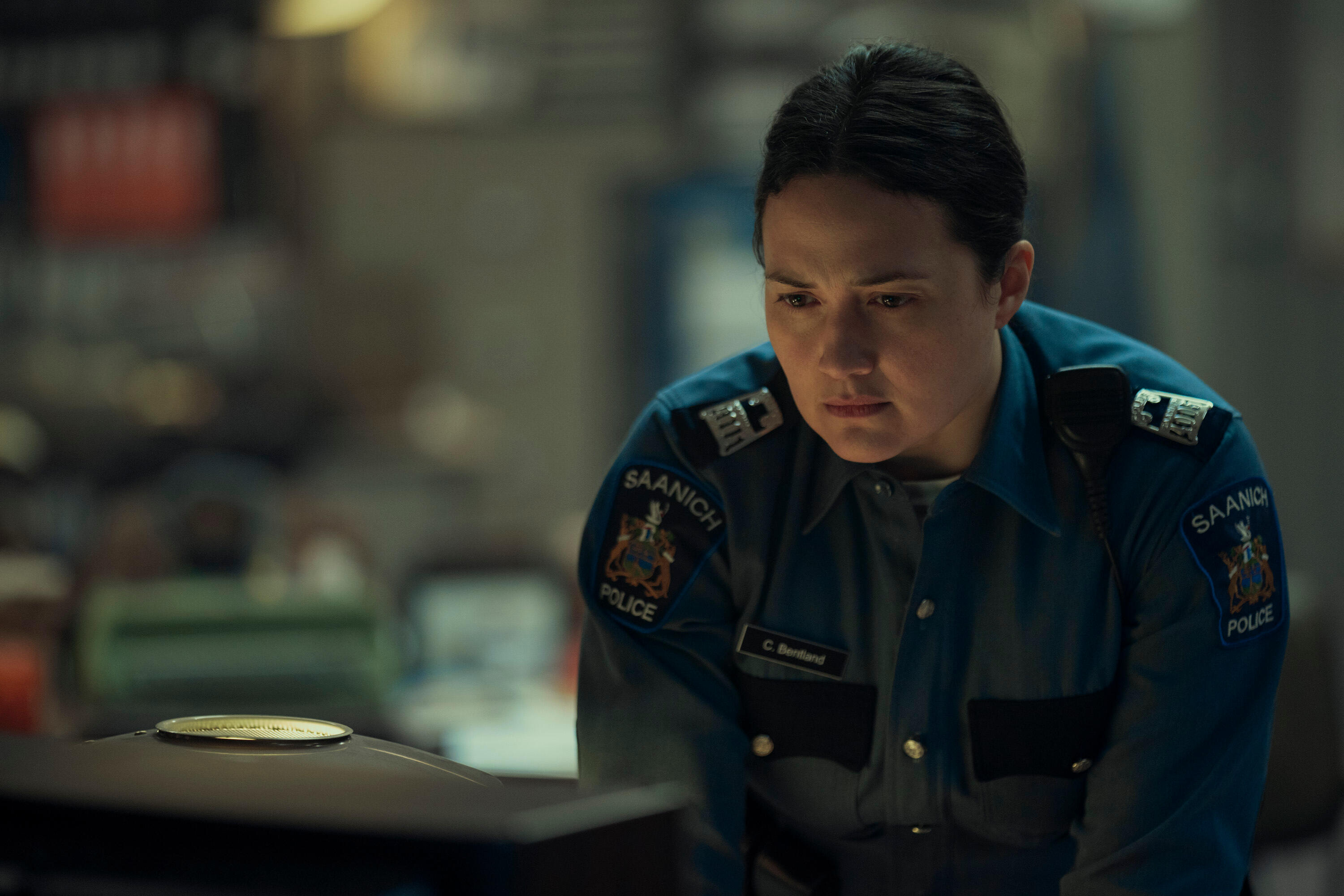Editorial: Star Wars Canon – A Brief History and Perspective
Canon is weird. I freely admit that and I’m obsessed with Star Wars canon; and not just Star Wars, I could tell you the plot inconsistencies between the two Mamma Mia movies. Narrative structure and the idea that fiction tells a consistent story has always meant a lot to me; the connectivity and cohesion between works is one of the reasons I love Star Wars as much as I do.
‘Canon’ is simply the accepted material that comprises a fictional story. All the Star Wars stories (via film, TV, games, books, comics etc.) come together to form one bigger narrative set in the same galaxy. Canon is what actually ‘happened’. If I write my own book about Obi-Wan Kenobi, it’s still a story, but it’s not official, it’s not the ‘real’ story. What is and isn’t part of the official story has changed over time, and it’s a bumpy history.
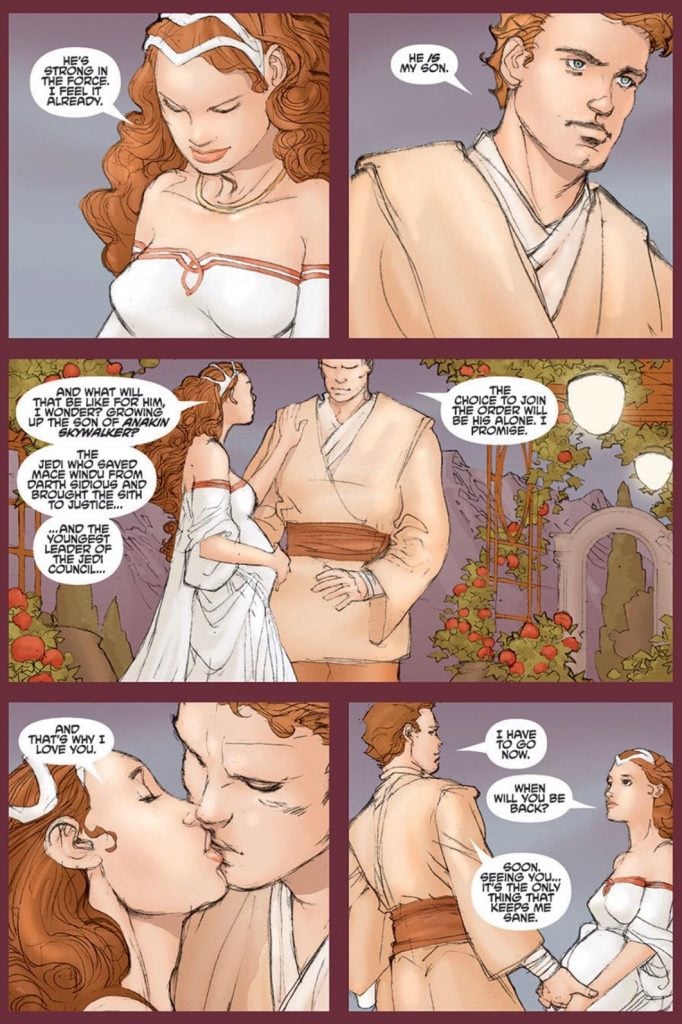
People’s interest in Star Wars canon varies drastically depending on so many things: your overall interest in Star Wars, the value you place on books/comics vs. film/TV content, how long you’ve been a fan, how you view fiction and, if you even know what canon is. It’s something most fans want taken seriously but to varying degrees and for different reasons.
Most contributions to the lexicon of Star Wars are placed into the timeline with no issues, but a few pieces either don’t fit, contradict what’s already been established or come from questionable sources. A coordinated universe of this size with so many mediums contributing could never be flawless and before we jump into the thick of it I’d like to go on record saying I’m mostly happy with the canon at the moment and I only examine and critique from a place of passion and pure interest.
Over the next few weeks I’ll be writing a series of articles examining various parts of the canon: issues faced, the good, the bad, and the future. Firstly though: context. Let’s briefly look at how we got to where the canon is today and how important it is to the fabric of Star Wars.
A Varied History
From A New Hope’s 1977 release until 2014: canon, marked as the films and the Expanded Universe (EU), had been surprisingly consistent, given that it was relatively self-managed and without major oversight, but there was reason for a low-maintenance approach.
Firstly, following 1983’s Return of the Jedi, no one knew for over a decade if there would be any more films. Novels, comics and the odd video game/kids tv show were the entirety of new Star Wars, which made for a much smaller, low profile universe to keep track of.
Secondly, until 2000, database software wasn’t advanced enough to catalog individual parts of a story, rather just story arcs themselves. So while you could make sure Luke Skywalker didn’t get married twice (although Leia and Han did), cataloging anything more detailed than that wasn’t efficient or important enough.
Which leads to the third reason: importance. Fans of the EU have always cared about cohesiveness and continuity but for people that simply enjoy the films it’s neither here nor there what happened in the Heir to the Empire books or the animated Droids TV show. That of course is still somewhat true today but with a few caveats that make all the difference:
- ‘Geek’ culture entering the mainstream
- The positive reaction to Marvel Cinematic Universe’s use of connectivity: interweaving characters and events throughout multiple narratives
- The ease and quality of access; TV shows aren’t the disposable see it or miss it pieces they once were, they’re cinematic in their own right and with the rise of streaming, accessible by everyone, anytime, forever
These highlight the importance of a cohesive Star Wars universe now and contrast it being LESS important (not unimportant) pre-2000.
Back to history. Enter: Lelan Chee – Keeper of the Holocron. Hired by Lucasfilm in 2000 to create a more comprehensive continuity tracking database, Chee redesigned how canon would be designated for the next 14 years.
A tier system was created, wherein content from higher tiers overrode stories that contradicted it from lower tiers. This was vital with George Lucas’s return to create the prequel trilogy. I won’t go over the entire system but the top was G-canon: the George Lucas Tier (the films and any later edits made to them for the special editions), after that was T-canon: television tier, then C-canon: continuity canon (things in comics, novels etc. that didn’t contradict higher levels) and, so on. There were five levels of the tier system (a sixth level did exist but was Detours canon, referring to one specific never-aired show).
A visual of the pre-2014 canon:
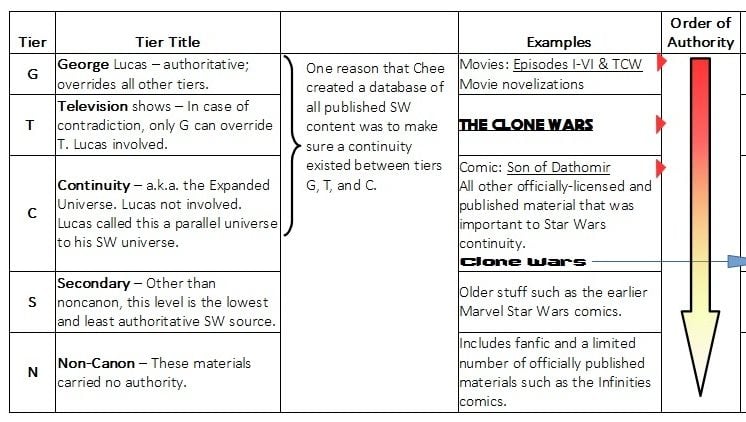
It was a confusing but necessary system for a time of uncertainty, and held together rather well considering all it was juggling. It was far from perfect though and to list all the issues and inconsistencies between the six films, various children’s tv shows, over approx. 300 books and 30 years worth of comic books would be a thesis in and of itself. Some of the biggest inconsistencies lay in pre-A New Hope information that was invalidated and overwritten by the prequel trilogy.
To further confuse the issue, debate raged as to how ‘Star Wars’ the EU actually was and some purists considered the films the only ‘real’ Star Wars. There is still debate whether George Lucas considered the EU to be set in his Star Wars universe at all. Either way, he still guided parts of it at times: keeping pre-A New Hope content to a minimum until he’d decided to make the prequel films, keeping Yoda’s history and species a secret and his being interested in the EU Jedi, Quinlan Vos.
I’m not here to praise or critique the EU just to provide context (but feel free to get lost down the Womp rat hole.) Keeping this brief: Lucas sold the company to Disney and they announced the sequel trilogy. When the announcement was made in late 2012 fans would spend the next year wondering: What about the EU?
How would you make a film that could incorporate and exist within the numerous books/comics that had covered almost all aspects of both the state of the galaxy and the characters in it post Return of the Jedi. And, if they weren’t going to acknowledge the EU, what would happen to the state of the Star Wars universe going forward, would they just let whatever fit lie and the parts that didn’t would just be left to the tier system.
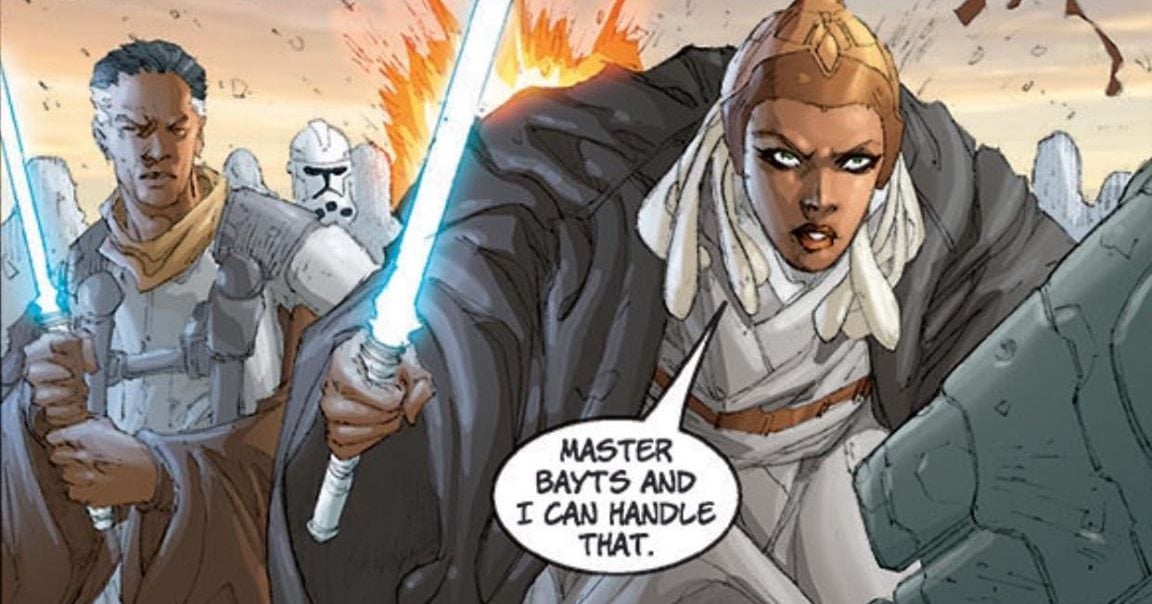
Meanwhile, Lucasfilm’s President, Kathleen Kennedy and Vice President Kiri Hart had started an initiative that would come to be known as the Lucasfilm Story Group. Their goal was to dissolve the canon hierarchy system and introduce one single continuity. Rather than being ancillary or unconnected all new additions to the canon would be cohesive to the one timeline.
This group of nine members (one of them being Chee himself), announced the change on April 25th 2014. All Star Wars media, bar the films, 2008’s The Clone Wars series and the Sons of Dathomir comic, was to be made non-canon and rebranded as Legends. Going forward all new content, from any medium, was to be on the same level of canon.
And that is the current state; the Story Group are the keepers of the canon, the ones that make sure consistency flows from project to project. They oversee and advise projects at various stages of production making sure they all contribute but don’t contradict what has previously been established.
It’s a lot less confusing than the previous system, with more oversight and direction. However, when writer Jason Fry was asked about the biggest misconception fans have about the story group he said this:
That they’re omniscient and all-powerful and therefore should be perfect? Don’t get me wrong, the Story Group folks are really smart – their advice has made everything I’ve worked on much better. But they’re a small group of people trying to juggle a whole bunch of projects and dealing with egos and changes of plan and things that go wrong….With all that going on, of course there are going to be inconsistencies and slips here and there.
So with the scale and breadth of the Star Wars universe and sheer amount of ongoing projects in various stages of development we have to accept that something will slip between the cracks. It happened with the old canon and it has happened (albeit infrequently) with the new one. What matters is how Disney/Lucasfilm/the creators react and how we as fans react.
So the new system isn’t perfect (no rational system could be) and over the next few weeks I’ll be addressing some of the inconsistencies and issues arising from this new system. I’ll look at some of the intentional ones and some of the unintentional ones, the solutions that were used (or could be used), and also various parts of the canon that I believe deserve focus. I’ll also look at the great parts of it, since balance is key in all things.
Binding the Galaxy Together
Why does canon matter to Star Wars though and isn’t fiction just that? Fictional. So why should we care so much that one story about knights fighting a droid army matches up with a separate story about a princess on a planet-killing space station?
Without this consistency every piece of Star Wars becomes a separate ‘what if?’ that coincidentally uses similar characters and planets, which isn’t always particularly compelling, because that’s all fiction is, people saying ‘what if?’ and writing a story on that. If Star Wars has no unity, no timeline or cohesion then it just becomes Lucasfilm and Disney paying people to write fan-fiction.
It’s the weight that comes with the story; the adding to the pantheon of Star Wars, that work brought to the universe matters, to us as fans and to Star Wars as a concept, that makes it mean so much. Knowing that a story is what ‘actually’ happened, even within the confines of fiction, is what gives it weight.
I mean all this in the context of Star Wars, I love the one universe canon. While the multiverse and time-bending reboots works amazingly for the Marvel and DC comic universes, time being wibbly-wobbly gives Doctor Who its freedom, and Star Trek has the main timeline alongside the ‘Kelvin’ timeline and is known for its manipulation of time and space, for Star Wars, one cohesive universe is faithful to the spirit and themes of the original trilogy: of the Force binding the galaxy together, not one of time travel and parallel universes.
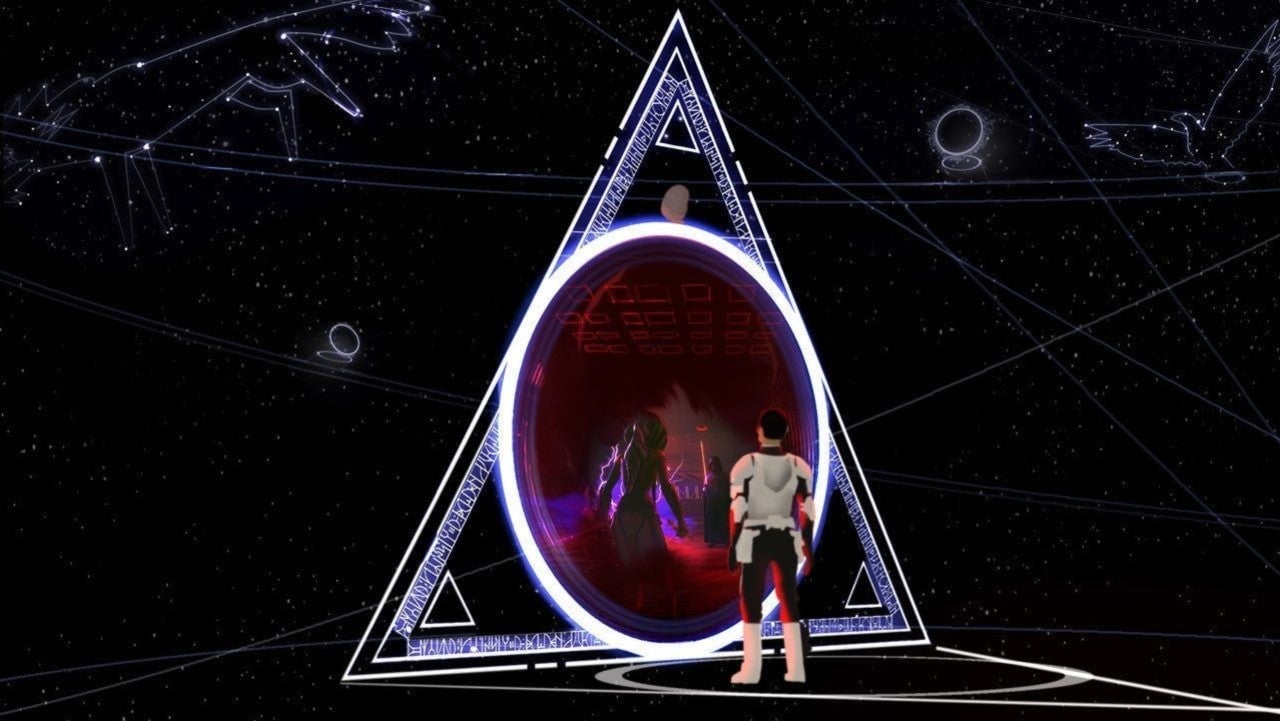
I’ve always been a Star Wars fan but I became the fan I am today when they rebooted the canon, yes I was mad at first, but I realized I would have been more upset if they’d made the sequel trilogy without addressing that EU canon and just let whatever still fit stay. I became excited when it meant I could watch the universe grow and change and expand with more of a plan and purpose than it ever had before.
Has it been perfect? No. But we can all agree that Star Wars has always been a mixed bag. I believe now that the pressure of the sequel trilogy is off, we’re in for a golden age of Star Wars, but I’m a hopeless optimist.
These are just my opinions though, and of course everyone has their own. As I mentioned at the start, canon and how seriously it’s taken varies drastically between fans. Some love the nitty-gritty details and connections, others the big wide sweeping story, and some people just want to be entertained, regardless of consequence. The great thing about the Star Wars galaxy is that it is big enough to find content to suit your preferences and that the fan base is large enough that you can find others that share them.
Next week I’ll be examining two of the biggest story inconsistencies one of them intentional and the other unintentional.
Until then, may your universe be canon and the Force be with you, always.
Alex Newman is huge Star Wars fan and loves to keep up to date with the canon. He's also loved movies for as long as he can remember. He's a massive Disney and superhero fan but will watch anything. He's worked at a cinema, a comic book store and at Disney World but is currently working in radio in London!



